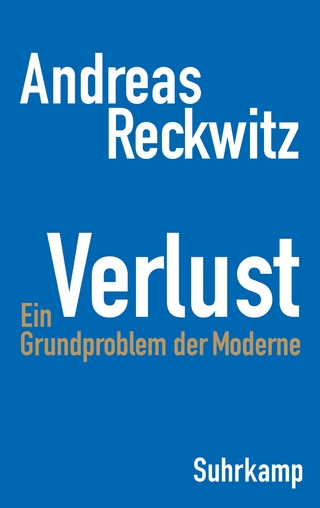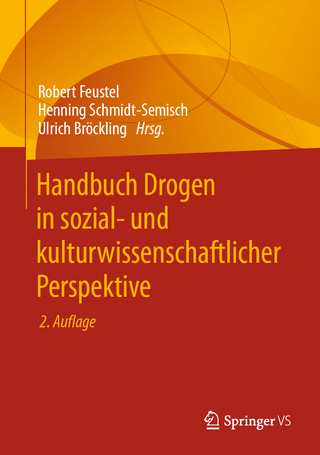
Central and Eastern Europe in the EU
Routledge (Verlag)
978-0-415-38454-4 (ISBN)
- Keine Verlagsinformationen verfügbar
- Artikel merken
This edited volume offers the first comprehensive and critical insight into how the CEEs position themselves in the EU’s changing internal and external environment, their stance towards the European integration process under current crisis conditions, and what political and economic strategies they prioritize.
Christian Schweiger is Senior Lecturer in the School of Government and International Affairs at Durham University, UK. Anna Visvizi is Head of Research at the Institute of East-Central Europe (IESW) and assistant professor at Deree -The American College of Greece.
1. Introduction: The EU under crisis conditions - Central and Eastern European
perspectives
(Christian Schweiger, Durham University & Anna Visvizi, Institute of East-Central
Europe & Deree-The American College of Greece)
Part I - Central and Eastern Europe in the EU's changing internal and external
dimension
2. Positioning the CEE region in the EU's core-periphery divide
(Christian Schweiger, Durham University)
3. Perpetual crises, the return of geopolitics and the emergence of a new normalcy in
Central Europe
(Anna Visvizi, Institute of East-Central Europe & Deree-The American College of
Greece)
4. The dual crisis in the EU and its effects on the New Member States:
Securitization of Governance in the Wider Europe
(Attila Ágh, Budapest Corvinus University)
5. Central European relations in turbulent times
(Beata Farkas, University of Szeged)
6. Understanding the mavericks: Central Europe and the migration crisis understand
(Anna Visvizi, Institute of East-Central Europe & Deree-The American College of
Greece and Jana Arbeiter, Centre for European Perspectives (CEP)
Part II - National perspectives: Between good citizenship and backsliding
7. European Union at the crossroads – which route will Poland take?
(Maciej Duszczyk, University of Warsaw)
8. Perspectives of the adoption of the euro in the Czech Republic – the impact of
the economic and financial crisis
(Vladimír Bartovic, EUROPEUM Institute for European Policy Prague)
9. Hungary in the Visegrád group
(Krisztina Arató, Eötvös Loránd University Budapest and Boglárka Koller, National
University of Public Service Budapest)
10. Slovakia: A Farewell to a Passive Policy Taker Role?
(Darina Malová, Comenius University in Bratislava)
11. The Politics of Differential Governance and Migration in the Enlarged EU:
Romania and Bulgaria from Policy-takers to Policy-shapers?
(Nicole Lindstrom, University of York)
12. The Baltic states in the EU
(Liutauras Gudžinskas, Vilnius University)
13. The new kid on the block: Croatia’s EU membership in the shadow of the
Eurozone crisis
(Will Bartlett, London School of Economics)
14. Cross-Municipal Cooperation as a tool of escaping crisis conditions in the Alps-
Adriatic region
(Simona Kukovic and Miro HACEK, University of Ljubljana)
Part III - The Visegrád cooperation - challenges for a semi-institutionalised
regional group
15. The Visegrád 4 cooperation - on track towards a more differentiated EU
(Boglárka Koller, National University of Public Service Budapest)
16. Internal and external aspects of the Visegrád 4 cooperation
(Tomas Strazay, Slovak Foreign Policy Association Bratislava)
17. Defence cooperation among the V4 countries
(Zoltán Szenes and Anna Molnár, National University of Public Service
Budapest)
18. Conclusion: Expanding the V4 cooperation: Opening up new directions for
Central and Eastern Europe in the EU?
(Christian Schweiger & Anna Visvizi)
| Erscheint lt. Verlag | 1.11.2016 |
|---|---|
| Reihe/Serie | Routledge Studies in the European Economy |
| Zusatzinfo | 10 b&w tables |
| Verlagsort | London |
| Sprache | englisch |
| Themenwelt | Sozialwissenschaften ► Soziologie |
| ISBN-10 | 0-415-38454-0 / 0415384540 |
| ISBN-13 | 978-0-415-38454-4 / 9780415384544 |
| Zustand | Neuware |
| Haben Sie eine Frage zum Produkt? |
aus dem Bereich


